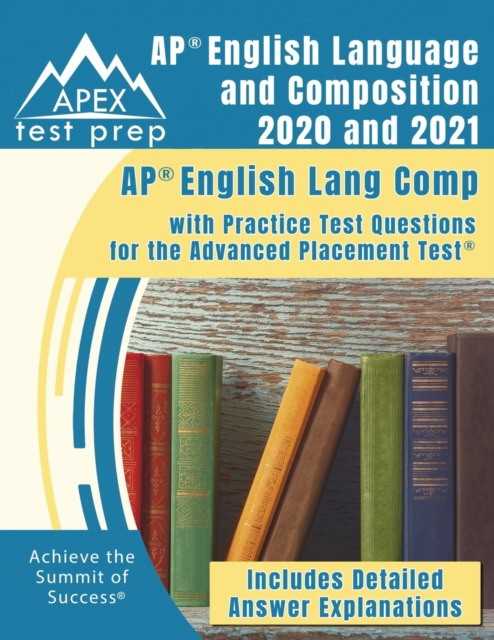
Preparing for the AP test can be a challenging journey, requiring students to build strong analytical, reading, and writing skills. Success depends on how well one can interpret complex materials, structure responses, and handle various question formats. A comprehensive understanding of the test’s requirements is essential to approach it with confidence.
One of the most effective ways to improve is through regular exercises that simulate the test conditions. By practicing with relevant tasks, students can identify their strengths and weaknesses, learning to adapt their strategies accordingly. Reviewing model responses provides valuable insight into how to refine your approach and avoid common pitfalls.
Structured preparation combined with focused review sessions can help significantly enhance your performance. It’s not just about knowing the content but also about mastering the techniques that will give you an edge on test day.
Understanding the AP Exam Format
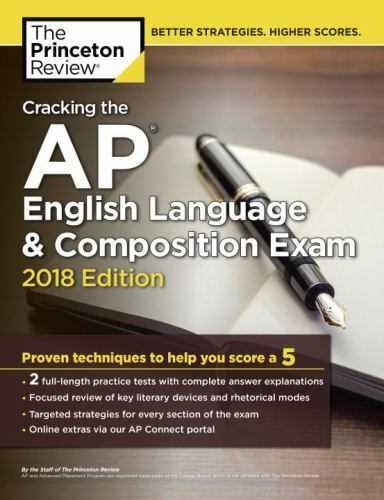
The format of the Advanced Placement test is designed to assess a wide range of skills, including analytical thinking, comprehension, and written communication. The structure of the assessment involves different sections that challenge students to demonstrate their ability to interpret texts, form coherent arguments, and respond to complex prompts under time pressure.
Typically, the assessment is divided into two main parts: multiple-choice questions and open-response tasks. Each part tests distinct aspects of proficiency, requiring candidates to apply different approaches for success. Understanding the layout and time constraints of each section can help streamline preparation and improve efficiency during the actual test.
Familiarity with the format is crucial as it allows test-takers to anticipate the types of questions and how to approach them strategically. Regular exposure to similar question types is one of the best ways to reduce anxiety and build confidence before sitting for the assessment.
How to Tackle Multiple Choice Questions
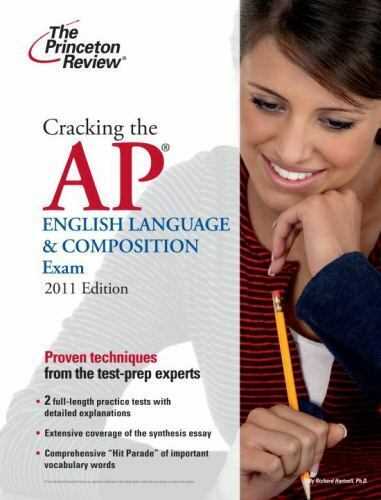
Multiple choice questions are designed to test both knowledge and reasoning skills. To excel in this section, it’s essential to approach each question methodically, ensuring a balance between careful analysis and quick decision-making. By understanding the underlying structure of these questions, you can increase your chances of selecting the correct response.
Read Carefully and Eliminate Wrong Options
The first step when facing a multiple choice question is to read the prompt carefully. Often, the wording contains important clues that guide you towards the right choice. After reading the question, evaluate each option and eliminate clearly incorrect answers. This reduces the number of possibilities and increases your chances of selecting the correct one.
Use Context for Better Decision-Making
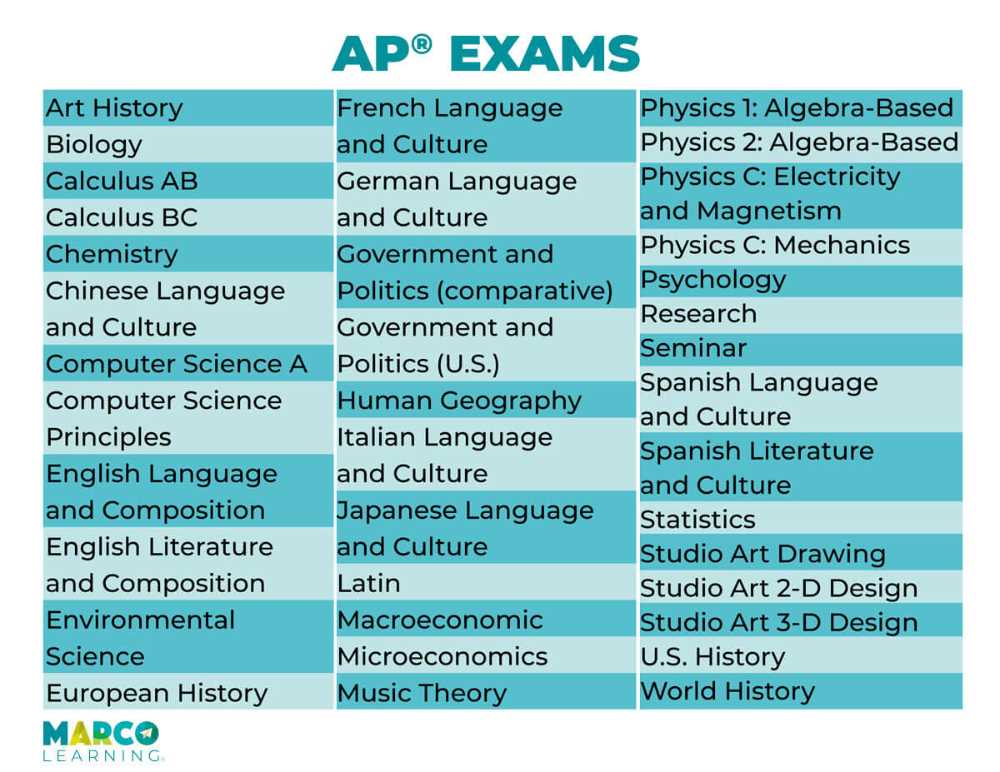
Context is key when dealing with questions based on passages or specific materials. Always refer back to the text to verify your understanding. Pay attention to subtle details that may inform your choices, especially when the options seem similar. Being attentive to context will help you avoid common traps set by confusingly close alternatives.
Effective Strategies for the Free-Response Section
The open-response section of the test requires you to construct detailed, thoughtful responses to complex prompts. This part challenges your ability to express ideas clearly, support arguments with evidence, and organize your thoughts effectively under time constraints. Developing a strategy to approach this section is crucial for maximizing your score.
Time management is essential. Before you begin writing, quickly outline your ideas to ensure your response is structured and focused. Allocate specific time for planning, writing, and reviewing your answer to avoid rushing at the end. This strategy helps in presenting a coherent argument without missing key points.
Another important aspect is evidence integration. Whether referencing a passage or drawing on external knowledge, always back up your arguments with relevant details. Demonstrating the ability to connect ideas logically and support them with clear examples will strengthen your response and showcase your understanding of the material.
Key Skills Tested in AP Composition
The assessment evaluates a range of critical skills that reflect your ability to analyze, argue, and communicate effectively. These skills are foundational for academic success and demonstrate your capacity to engage with complex texts and present ideas clearly. Mastering these skills is essential for achieving high marks and showcasing your strengths in both reading and writing.
Analytical Thinking
A key skill tested is your ability to critically analyze texts. This involves:
- Identifying central themes and arguments
- Understanding the author’s purpose and tone
- Evaluating the effectiveness of evidence and reasoning
Argumentation and Writing Clarity
Equally important is your ability to construct well-organized, persuasive arguments. This requires:
- Formulating a clear thesis or central idea
- Supporting claims with relevant evidence
- Maintaining logical flow and coherence throughout your writing
Both analytical thinking and effective argumentation are tested through a variety of question types, with each requiring you to engage deeply with content and communicate your ideas in a structured and articulate manner.
Common Mistakes to Avoid During the Exam
Failing to Manage Time Effectively
One of the most common issues is poor time management, which can result in rushed or incomplete answers. To prevent this:
- Allocate specific time to each section or question
- Leave time at the end for review and adjustments
- Avoid spending too much time on any single task
Overlooking Key Instructions
It’s easy to miss important guidelines or details in the prompt. Make sure to:
- Carefully read all instructions before beginning
- Pay attention to word limits or specific requests
- Answer exactly what is asked without deviating from the prompt
By staying focused on these crucial aspects, you can avoid mistakes that could impact the quality of your work.
Using Practice Exams to Improve Performance
Simulating real test conditions through mock assessments is one of the most effective ways to enhance your readiness. These exercises provide invaluable insights into your strengths and areas for improvement. By engaging in regular, timed drills, you can refine your skills, boost your confidence, and reduce anxiety when the actual assessment day arrives.
Tracking progress is crucial when using mock tests as a tool. After completing each practice session, review your results thoroughly. Identify recurring mistakes and focus on refining those areas. This targeted approach helps ensure continuous improvement over time.
Time management is another key benefit of practice exercises. By replicating the pressure of a real test, you develop a better sense of pacing. This experience allows you to approach each section with the necessary speed and accuracy, ultimately leading to better performance when it counts.
Where to Find Reliable AP Resources
Finding high-quality materials is essential when preparing for any assessment. Whether you’re looking for detailed guides, sample questions, or study tools, it’s important to choose resources that align with the specific requirements of the test. Relying on trusted platforms will ensure that the content is accurate, relevant, and effective for your preparation.
Official Platforms
The best place to start is often through official resources. These platforms offer materials that are directly aligned with the test structure and provide the most up-to-date information available. Below are some valuable official sources:
| Resource | Details |
|---|---|
| College Board Website | Provides sample questions, rubrics, and study guides. |
| Official AP Course Description | Detailed breakdown of test content and skills needed for success. |
Additional Reliable Sources
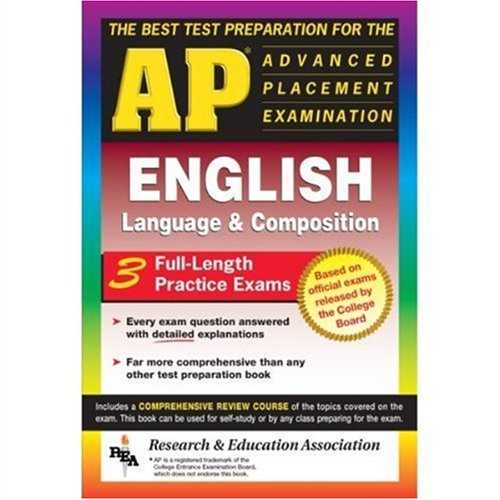
In addition to official platforms, there are several well-regarded websites and books that offer practice materials and expert tips:
- AP Review Books from publishers like Barron’s or Princeton Review
- Online educational platforms such as Khan Academy
- Dedicated test prep websites with user reviews and recommendations